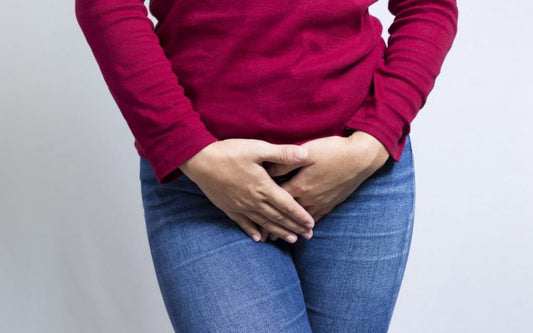
Hormone Balance
Hormone Balance in Women
Hormone balance in women is crucial for overall health and well-being, influencing everything from mood and energy levels to reproductive health and metabolic functions. Hormones like estrogen, progesterone, and testosterone play significant roles in regulating the menstrual cycle, fertility, and pregnancy. When these hormones are in balance, women generally experience regular menstrual cycles, stable mood, and a good level of energy. However, imbalances can lead to a range of symptoms including irregular periods, mood swings, weight gain, and fatigue.
Factors that can disrupt hormone balance include stress, poor diet, lack of exercise, and certain medical conditions such as polycystic ovary syndrome (PCOS) or thyroid disorders. Addressing hormone imbalances often involves lifestyle changes like improving diet, increasing physical activity, and managing stress. In some cases, medical treatments such as hormone replacement therapy or medications may be necessary. It's important for women to monitor their health and seek medical advice if they experience symptoms of hormonal imbalance, as early intervention can help prevent more serious health issues.
The experience of pelvic pain can be debilitating, affecting daily activities and emotional well-being. Women with chronic pelvic pain often face difficulties in maintaining work, social, and family responsibilities. Treatment approaches depend on the underlying cause but may include medications, physical therapy, and sometimes surgical interventions. Additionally, lifestyle modifications such as dietary changes, stress management, and regular exercise can play a crucial role in managing symptoms. It is essential for women experiencing pelvic pain to seek medical attention and advocate for comprehensive care to address both the physical and emotional aspects of this condition.
-
Example product title
Regular price $19.99 USDRegular priceUnit price / per -
Example product title
Regular price $19.99 USDRegular priceUnit price / per -
Example product title
Regular price $19.99 USDRegular priceUnit price / per -
Example product title
Regular price $19.99 USDRegular priceUnit price / per
Testimonials

"He is continually researching, learning, and developing his skill and knowledge for the benefit of his patients." - Kimberly H.
This is a body text example

“They are all so caring and helpful. He’s so personable and we’re so glad to be able to turn to him.” - Gayle S.
This is a body text example

"Hands down he’s the best Doctor! Such a God fearing and understanding man thats very compassionate about his job." - L.F.
This is a body text example

"I have had several HOCATT appointments and it has been Awesome!! I have really noticed the difference in my overall health." - A.M.
This is a body text example
Our Blog
-

Why Kegal Exercises Can’t Fix Incontinence Problem
If you’ve been having problems like urine incontinence, fecal incontinence, and laxity in your vaginal tissues, your doctor might suggest trying Kegel exercises. These exercises strengthen the pelvic floor muscles...
Why Kegal Exercises Can’t Fix Incontinence Problem
If you’ve been having problems like urine incontinence, fecal incontinence, and laxity in your vaginal tissues, your doctor might suggest trying Kegel exercises. These exercises strengthen the pelvic floor muscles...
-

The Truth About Incontinence After Menopause
“It’s an age thing!”If you’ve passed the age of 50 years, you’ll probably wonder if the early signs of incontinence are the onset of menopause. While this fact is true...
The Truth About Incontinence After Menopause
“It’s an age thing!”If you’ve passed the age of 50 years, you’ll probably wonder if the early signs of incontinence are the onset of menopause. While this fact is true...
-

Why Nobody Talks About Painful Intercourse
Painful intercourse or dyspareunia as it is also called is more common than most women realize it. Several factors can cause the condition, some of which are physical and other...
Why Nobody Talks About Painful Intercourse
Painful intercourse or dyspareunia as it is also called is more common than most women realize it. Several factors can cause the condition, some of which are physical and other...



